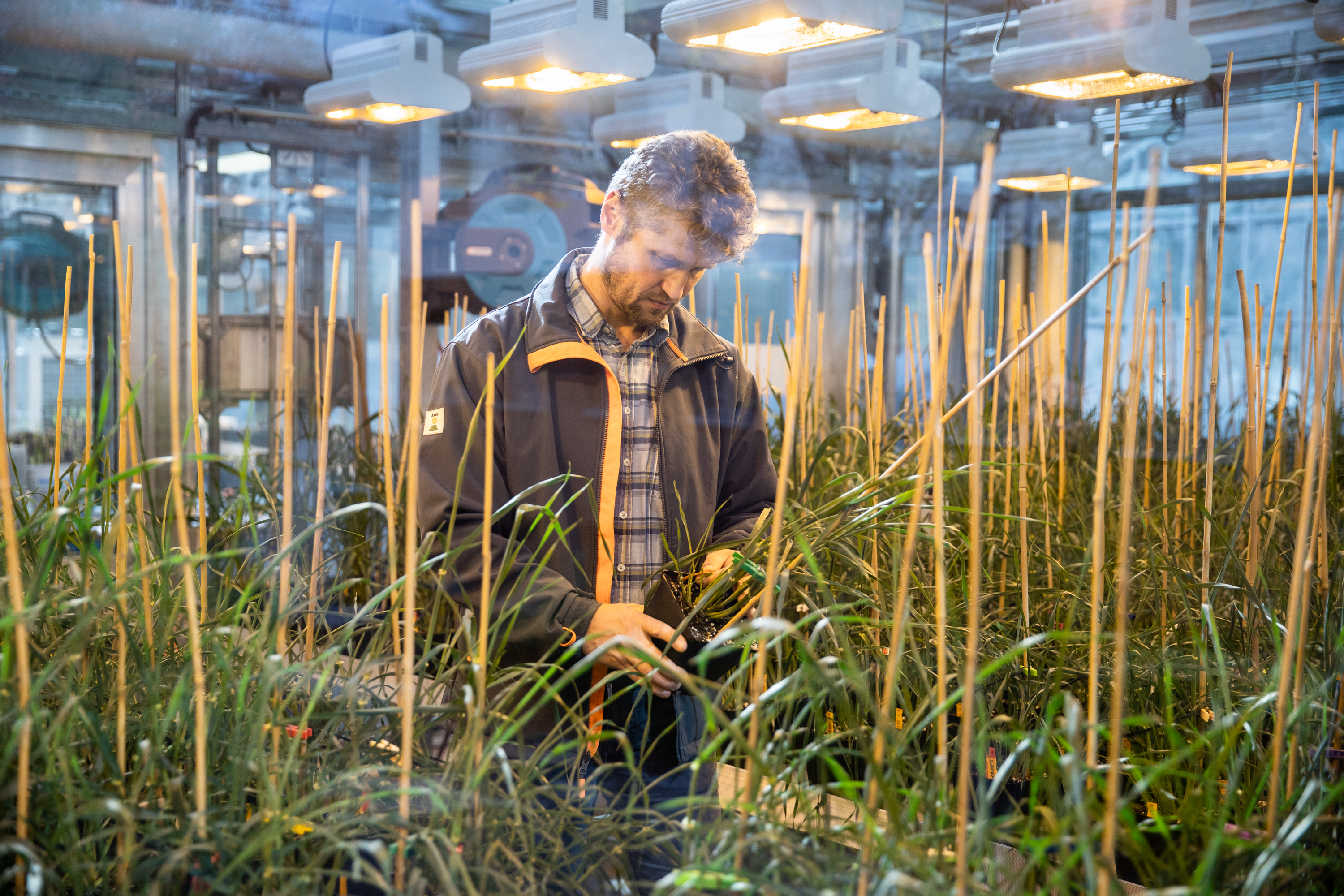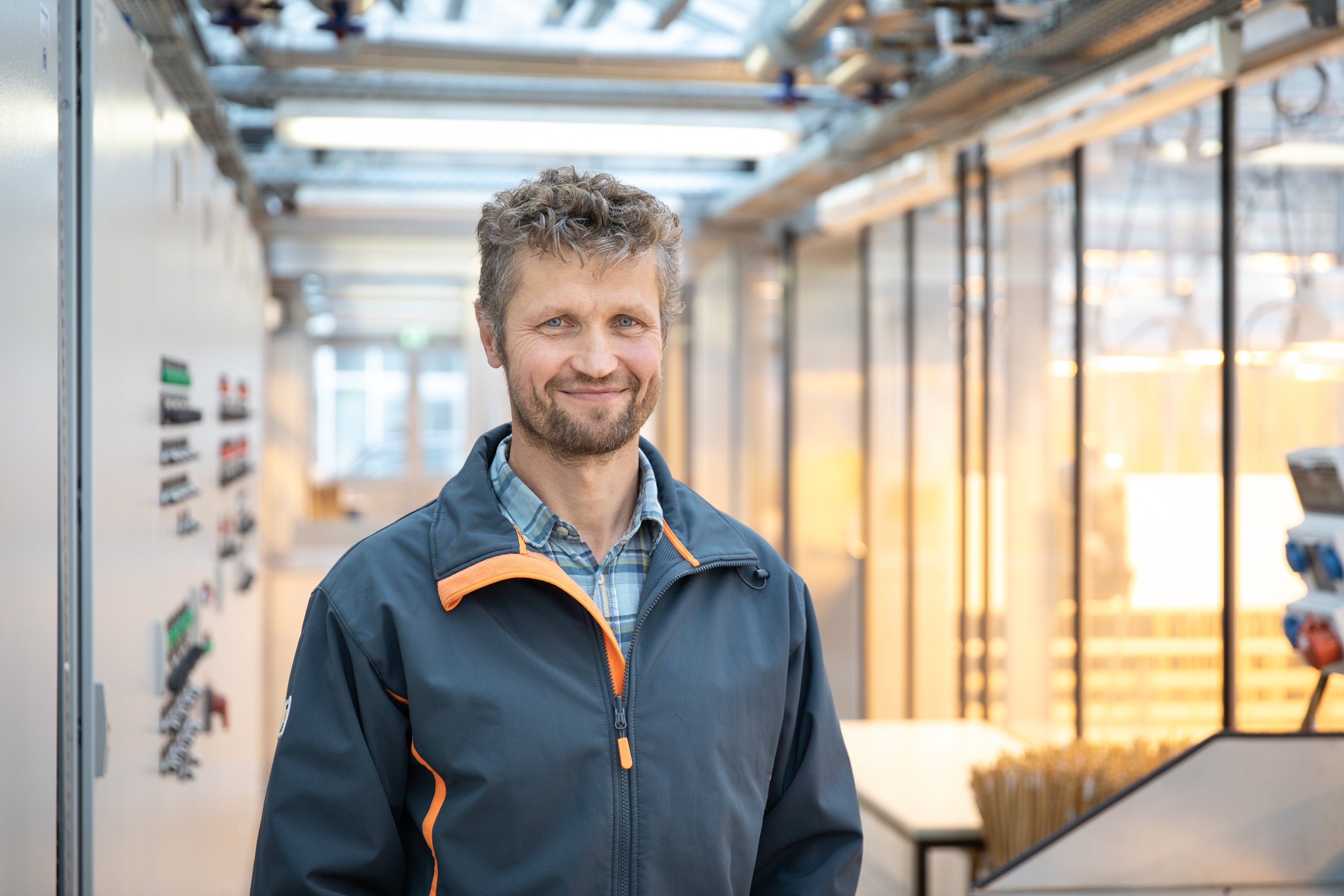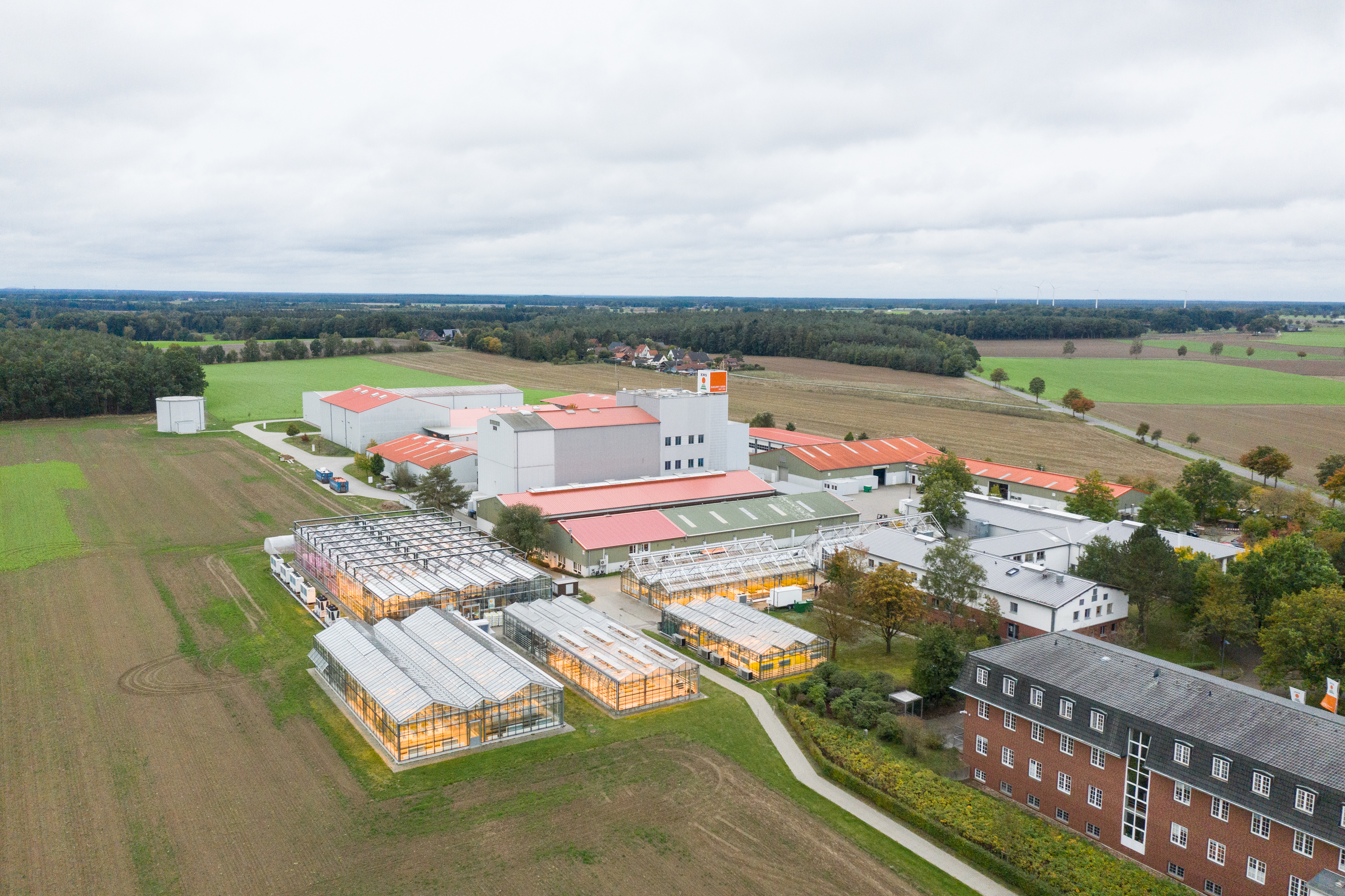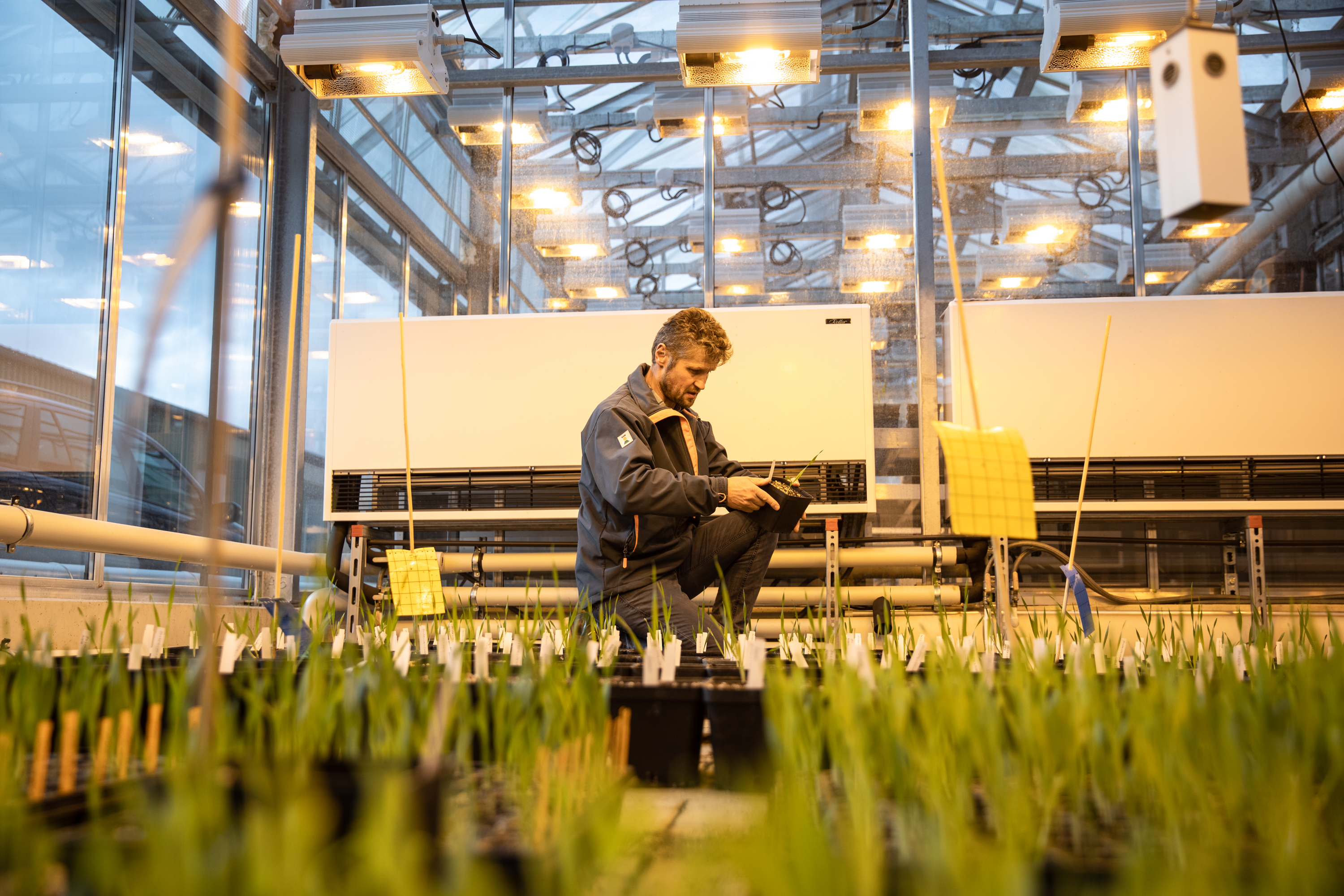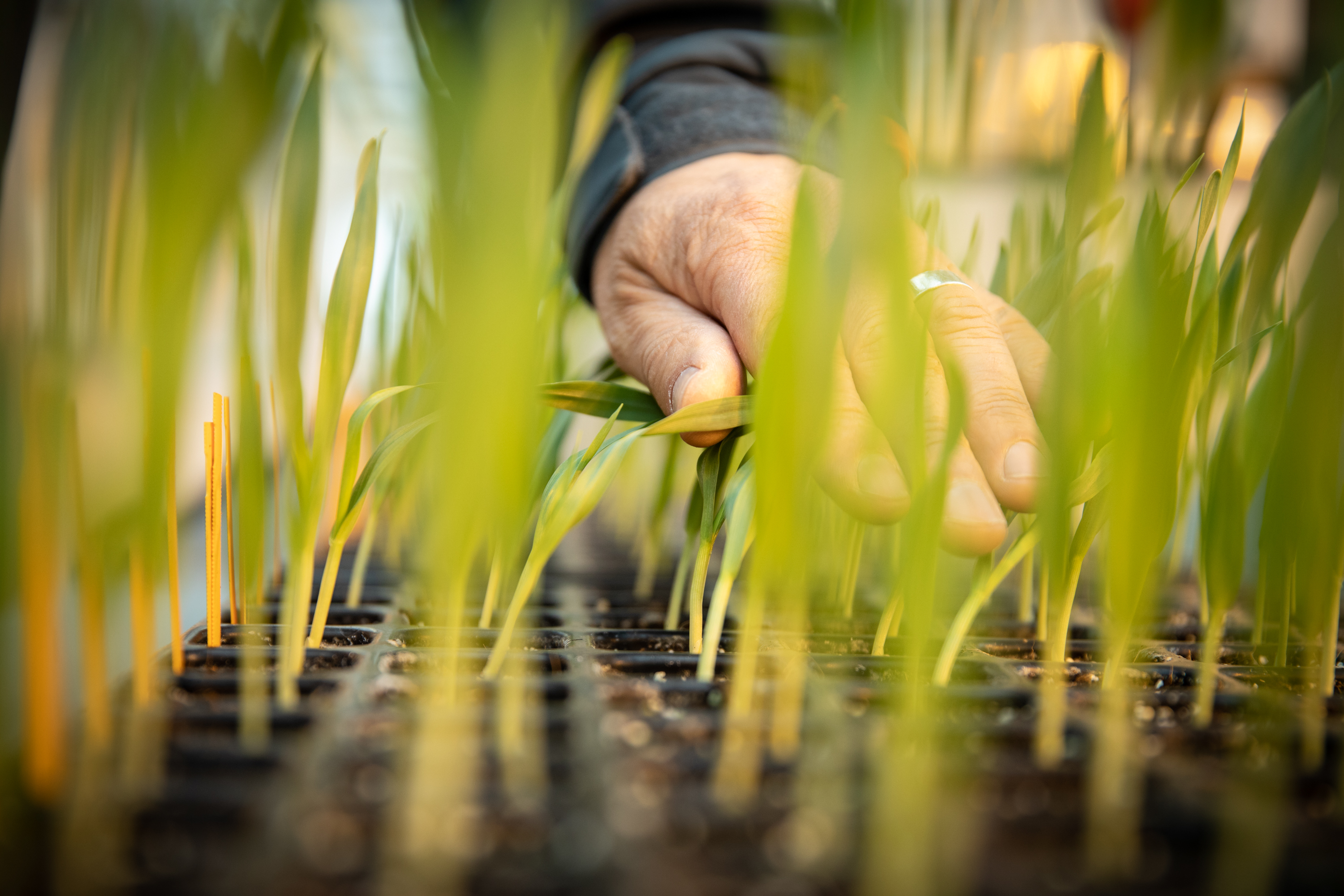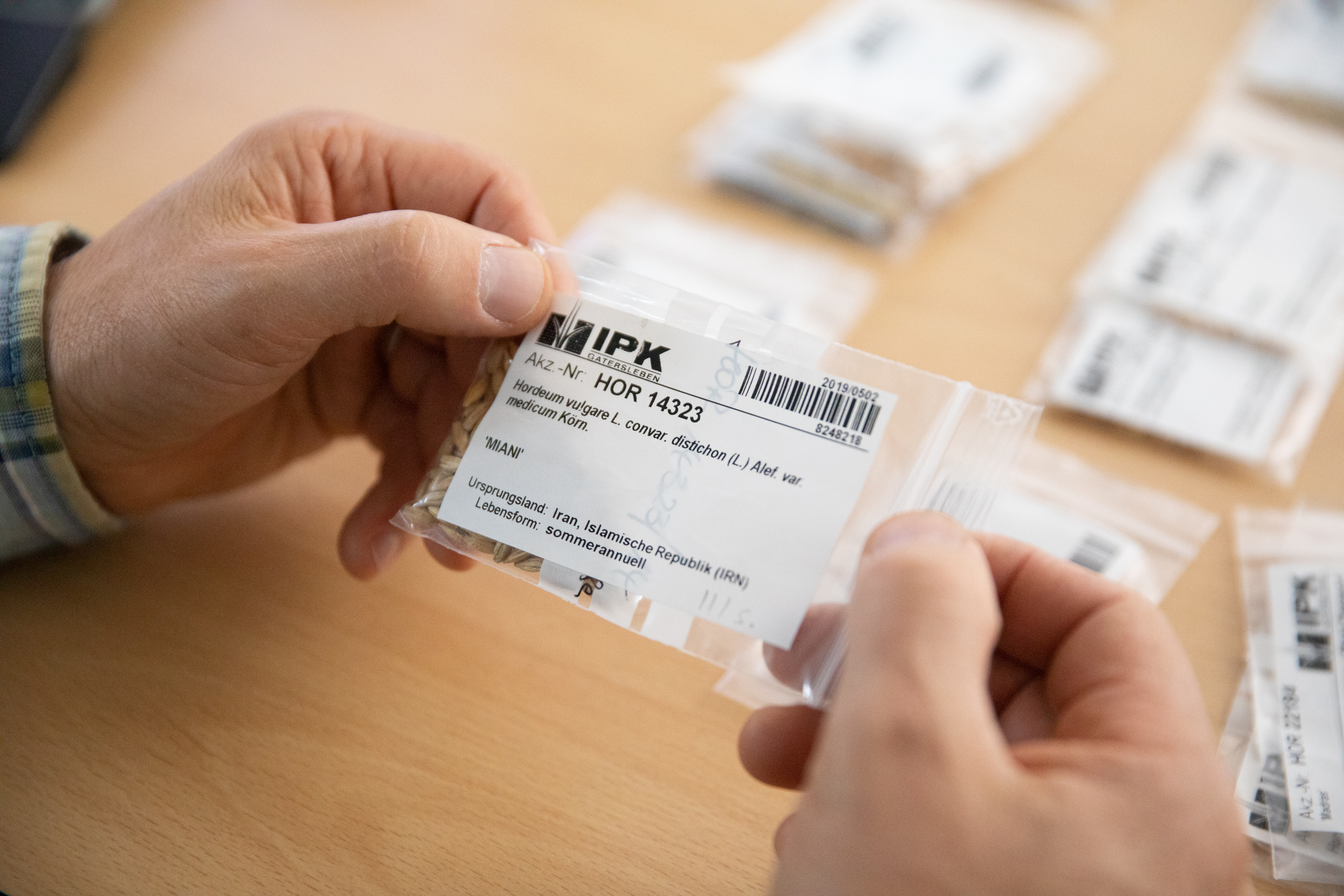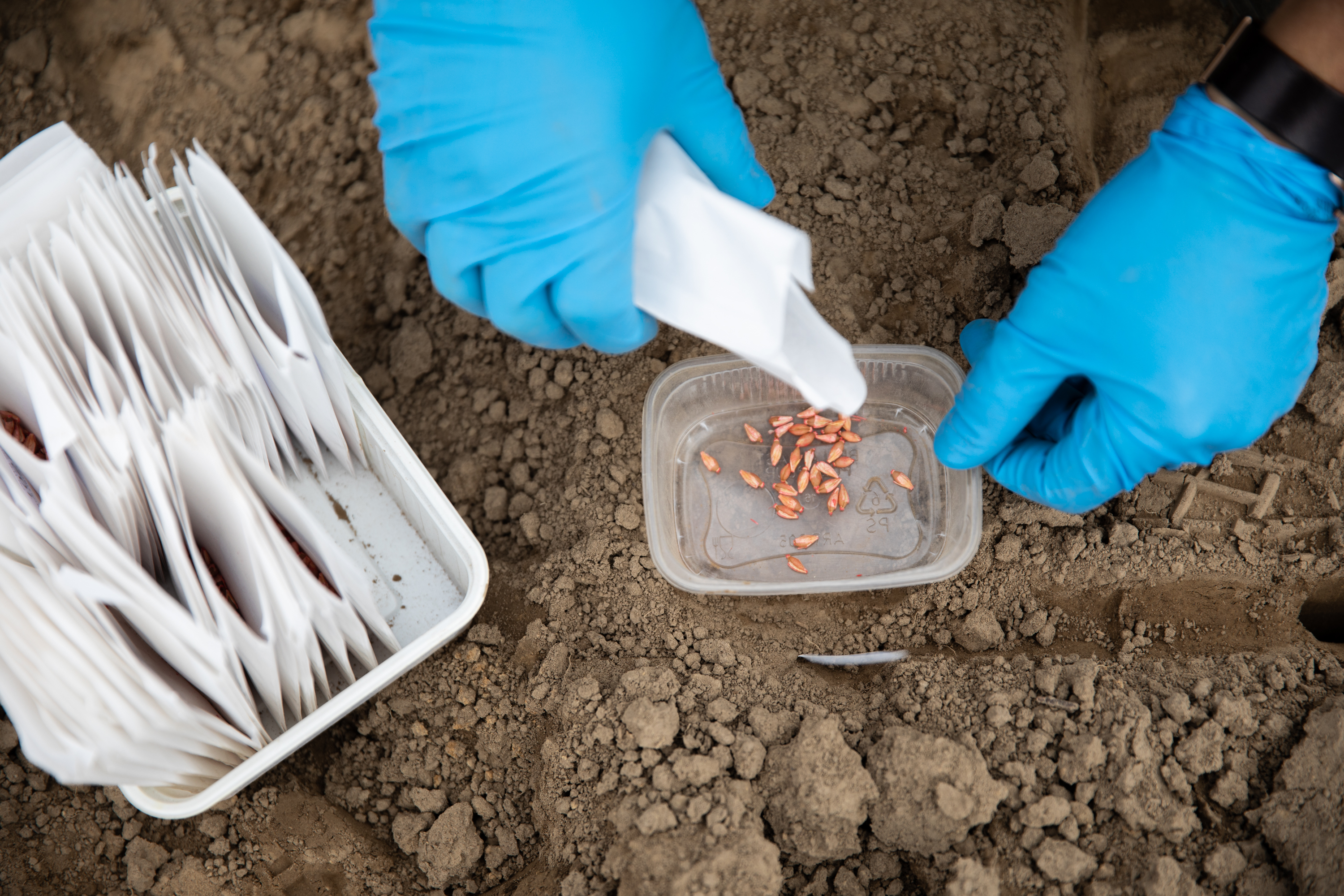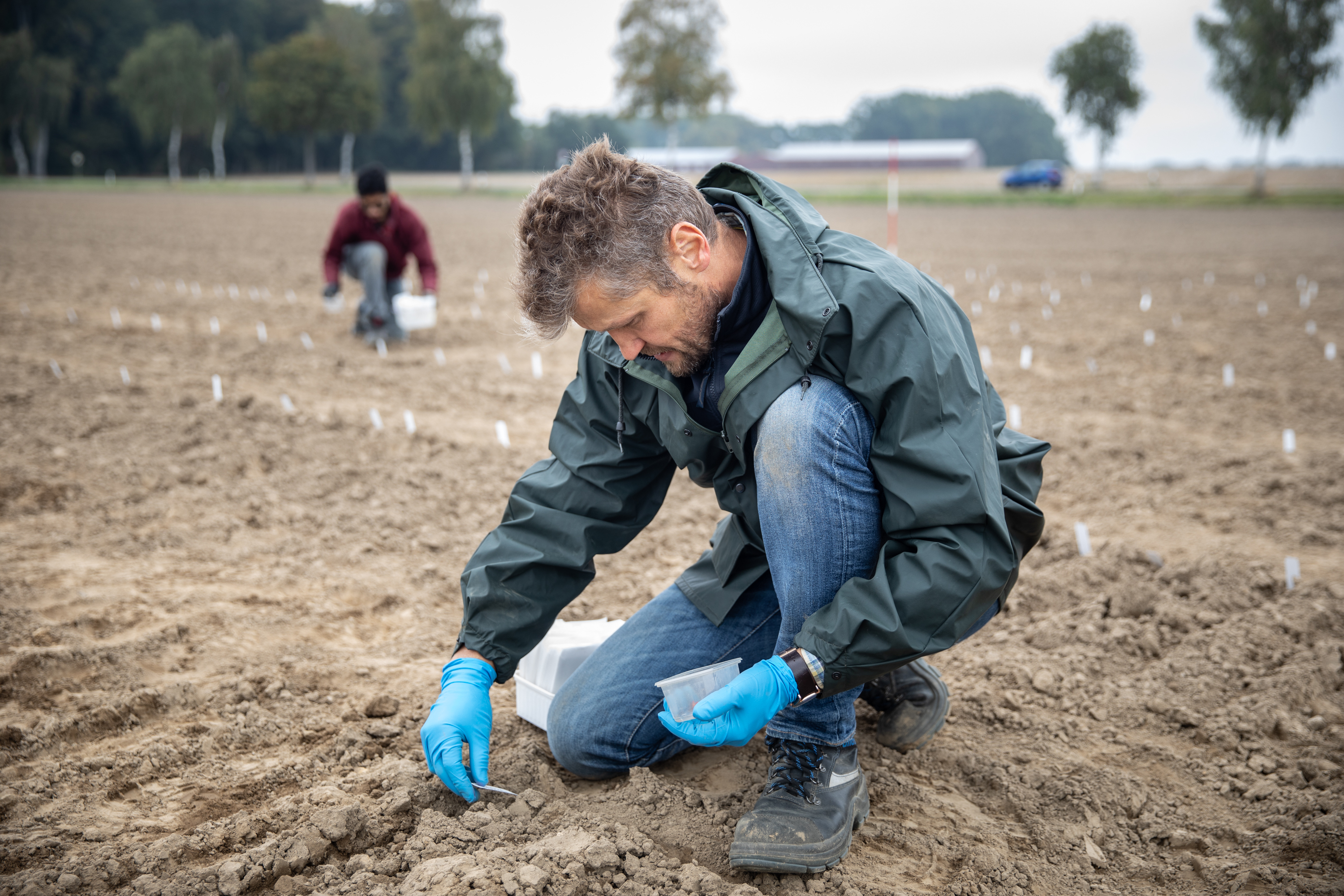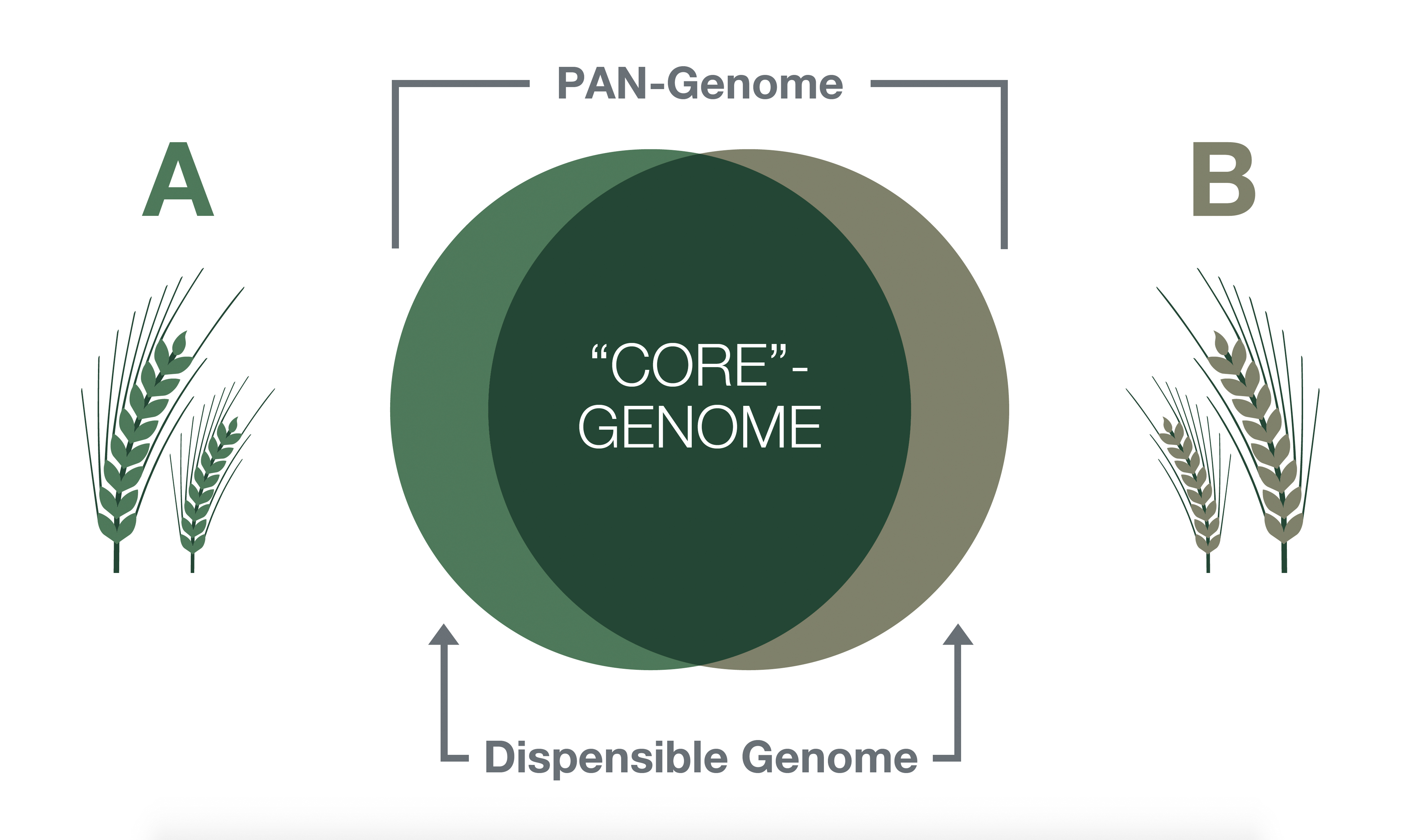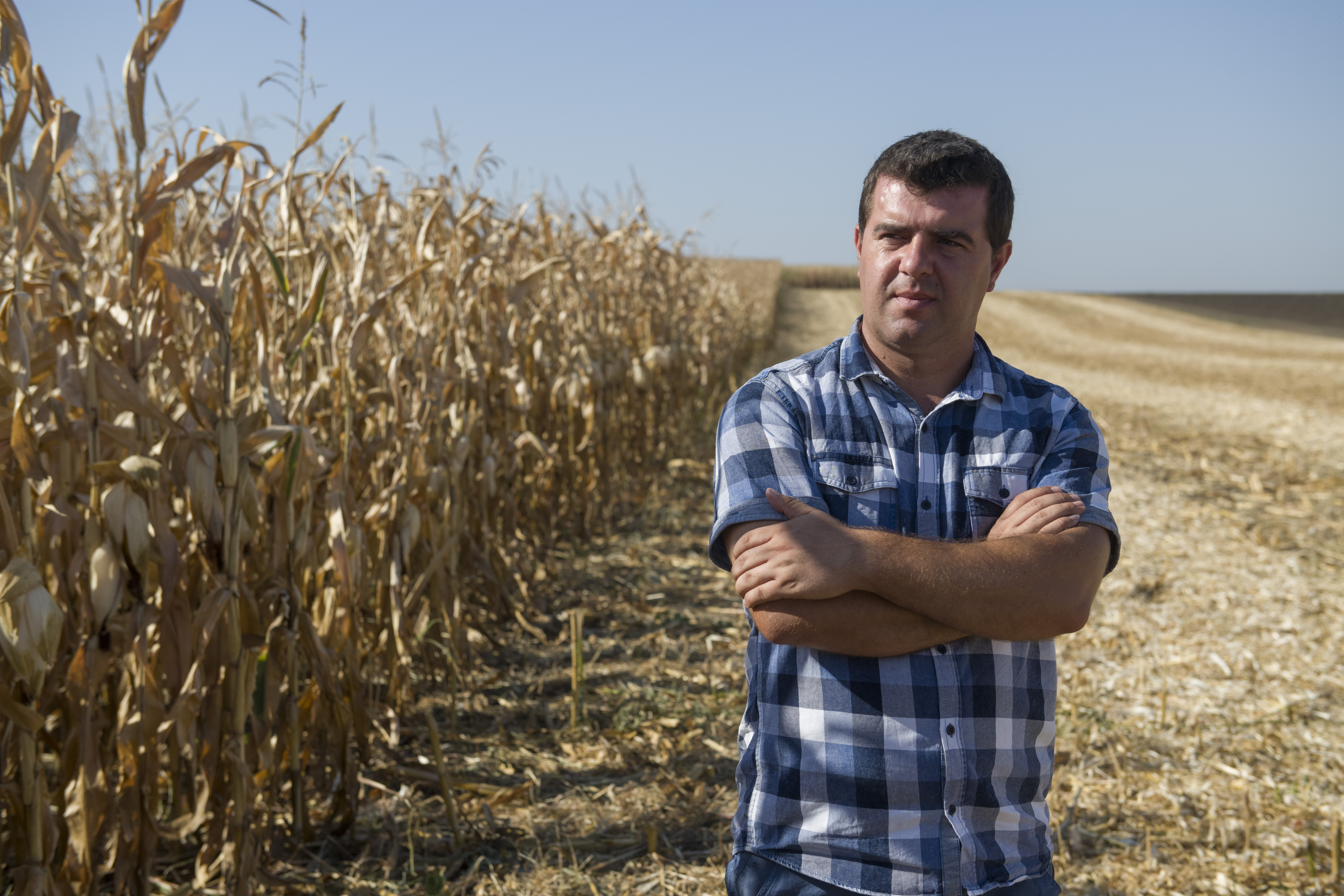During the SHAPE project, plants from the gene bank as well as their entire genetic makeup are being fully compared for the very first time and their genetic diversity is being systematically documented. Thanks to SHAPE, breeders will be able to search for relevant information in a more targeted manner and more quickly in the future. The project has already entered its second phase, with work scheduled to be concluded by January 2023.
During this second project phase, KWS is working with the other participating companies and institutions to test 1,400 barley accessions — that is, local species and current types — in the field for three years. “We're monitoring the behavior of each type, how it develops in the field under realistic conditions and whether it's resistant to things like mildew, leaf rust or viruses,” Oldach said.
Under the official valuation keys, the plant material is analyzed and all the collected information is added to the IPK’s gene bank. The information will then be used to facilitate future research and breeding.

